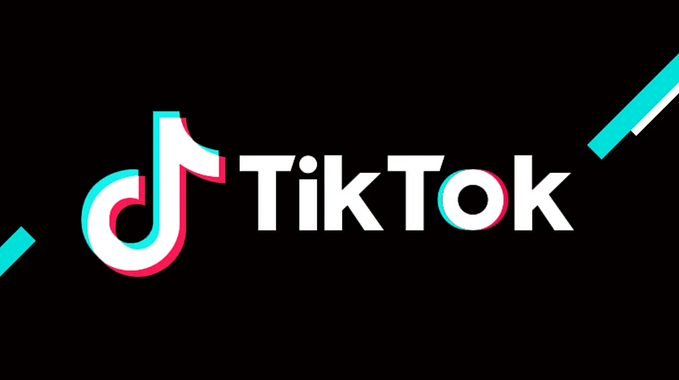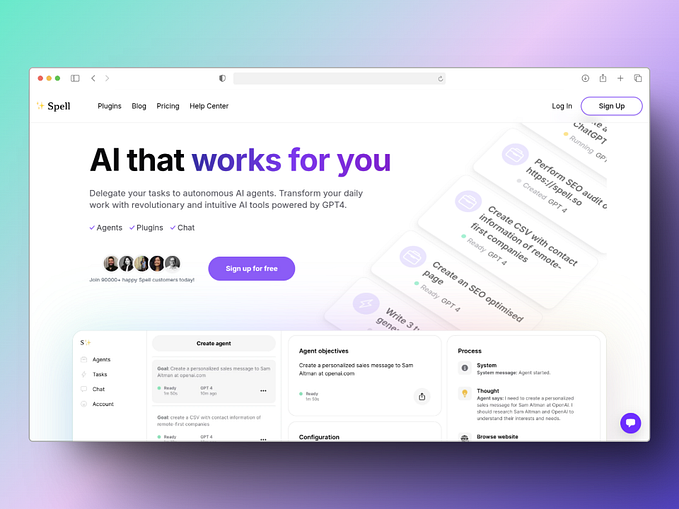AI Job Apocalypse: Fact or Fiction?

There has been a lot of concern about artificial intelligence (AI) and automation potentially taking jobs away from humans. While it is true that AI and automation have the potential to replace certain tasks, there is no evidence to suggest that they will replace all jobs or even a majority of them.
The Economy: A Cycle of Money
The economy works as a cycle of money moving from people to businesses and vice versa. Companies hire people to work, who then produce a product or service. The company then sells that product or service to customers, who have earned their money by working for another company. This cycle is what drives the economy and keeps it functioning.
AI and Automation: Improving Jobs, Not Replacing Them
AI and automation may be able to perform certain tasks more efficiently than humans, but they are not able to create new products or services on their own. For this reason, they are unlikely to replace all jobs or even a majority of them. Instead, they will likely augment and improve the jobs that humans are already doing, allowing us to be more productive and efficient.
The Impact of Complete Automation
If companies were to completely replace their workforce with AI and robots, there would be a significant impact on the economy. This is because, as mentioned before, the economy works by cycling money through society. If there are not enough people with disposable income, then there will be fewer people able to purchase the products and services that businesses offer.
If companies were to replace all of their human workers with AI and robots, there would be a significant decrease in the number of people earning wages and contributing to the economy. Without a steady flow of money moving through society, businesses would not be able to generate profits. No matter how good the product produced by AI and robots may be, if nobody has the disposable income to pay for it, then businesses will not be able to sustain themselves.
In addition, it is important to consider the societal implications of such a shift. With fewer people earning wages, there would be a decrease in the overall standard of living, as people would not have the same level of disposable income to spend on goods and services. This could lead to a decrease in demand for those goods and services, further impacting businesses and the economy as a whole.
Conclusion
Therefore, it is unlikely that companies will completely replace their workforce with AI and robots. Instead, they will likely use these technologies to augment and improve the jobs that humans are already doing, allowing us to be more productive and efficient.






